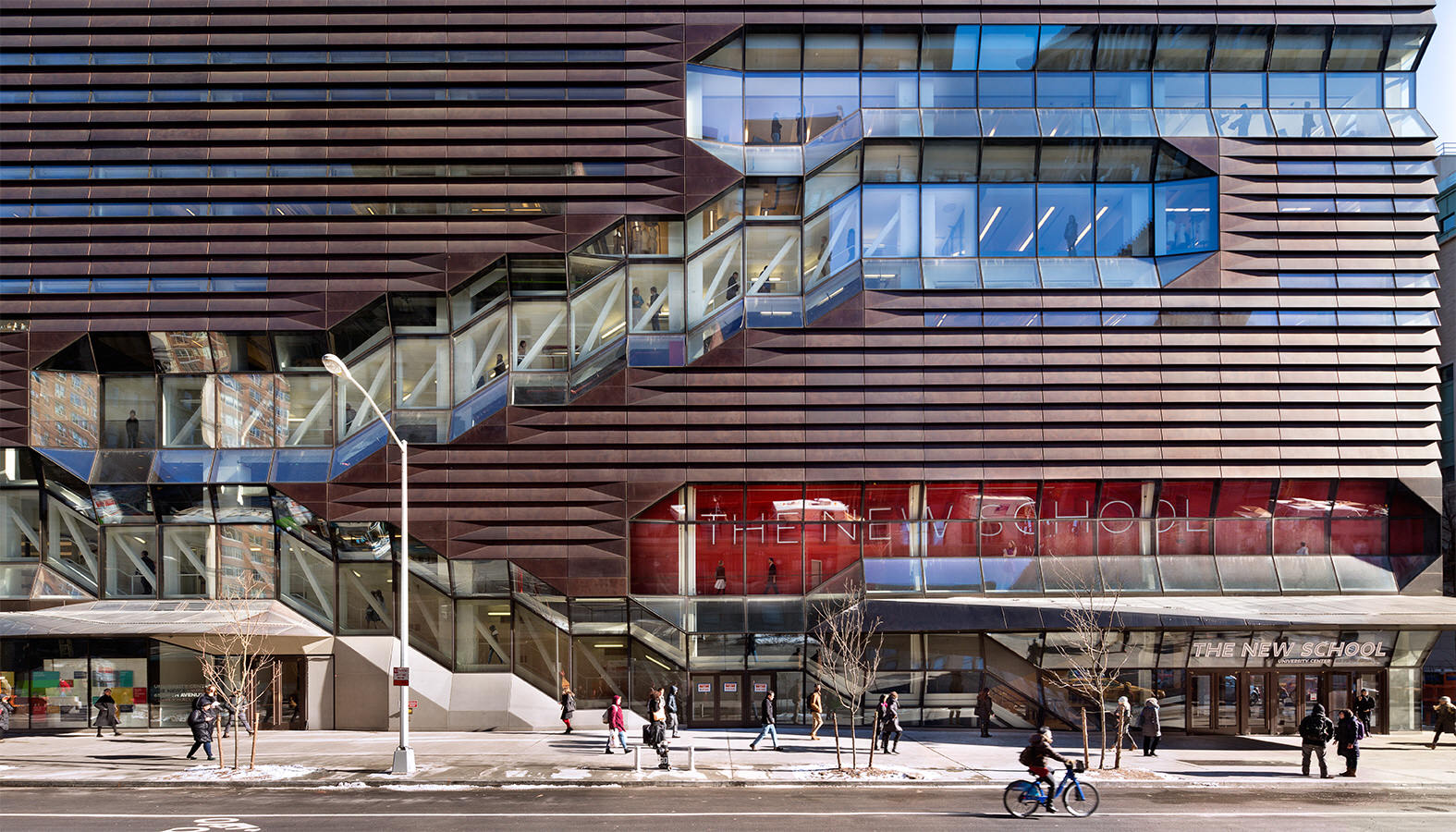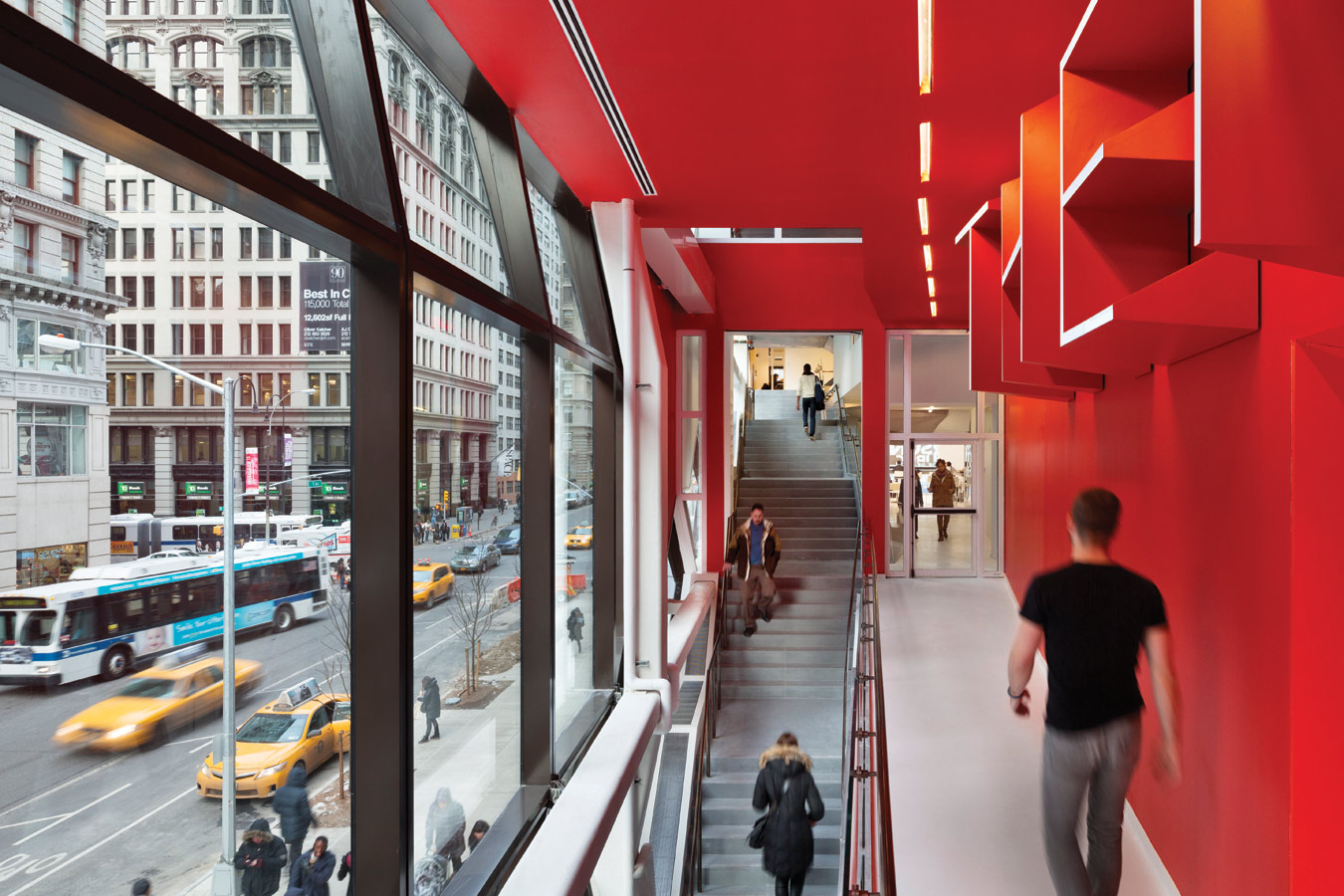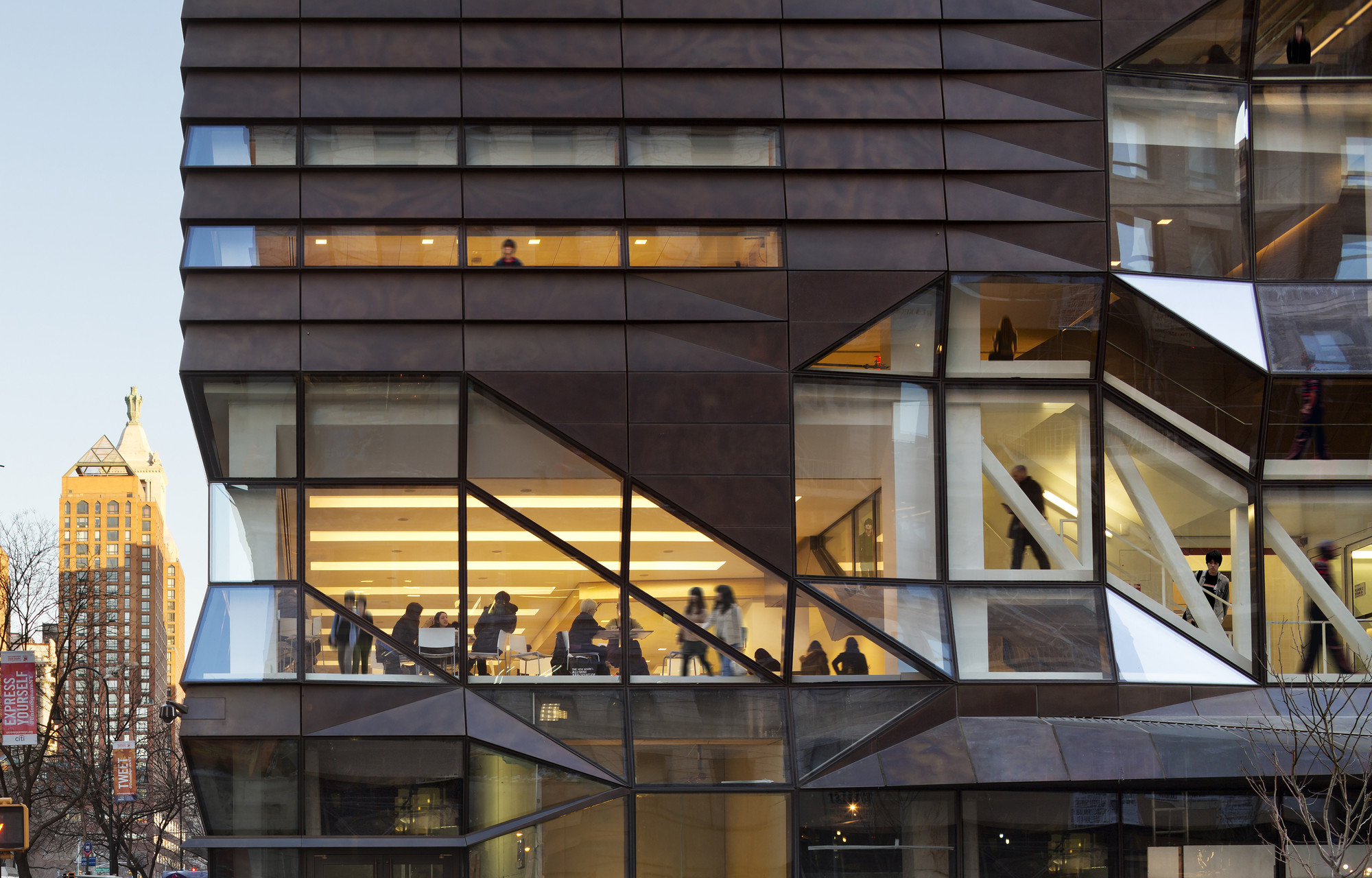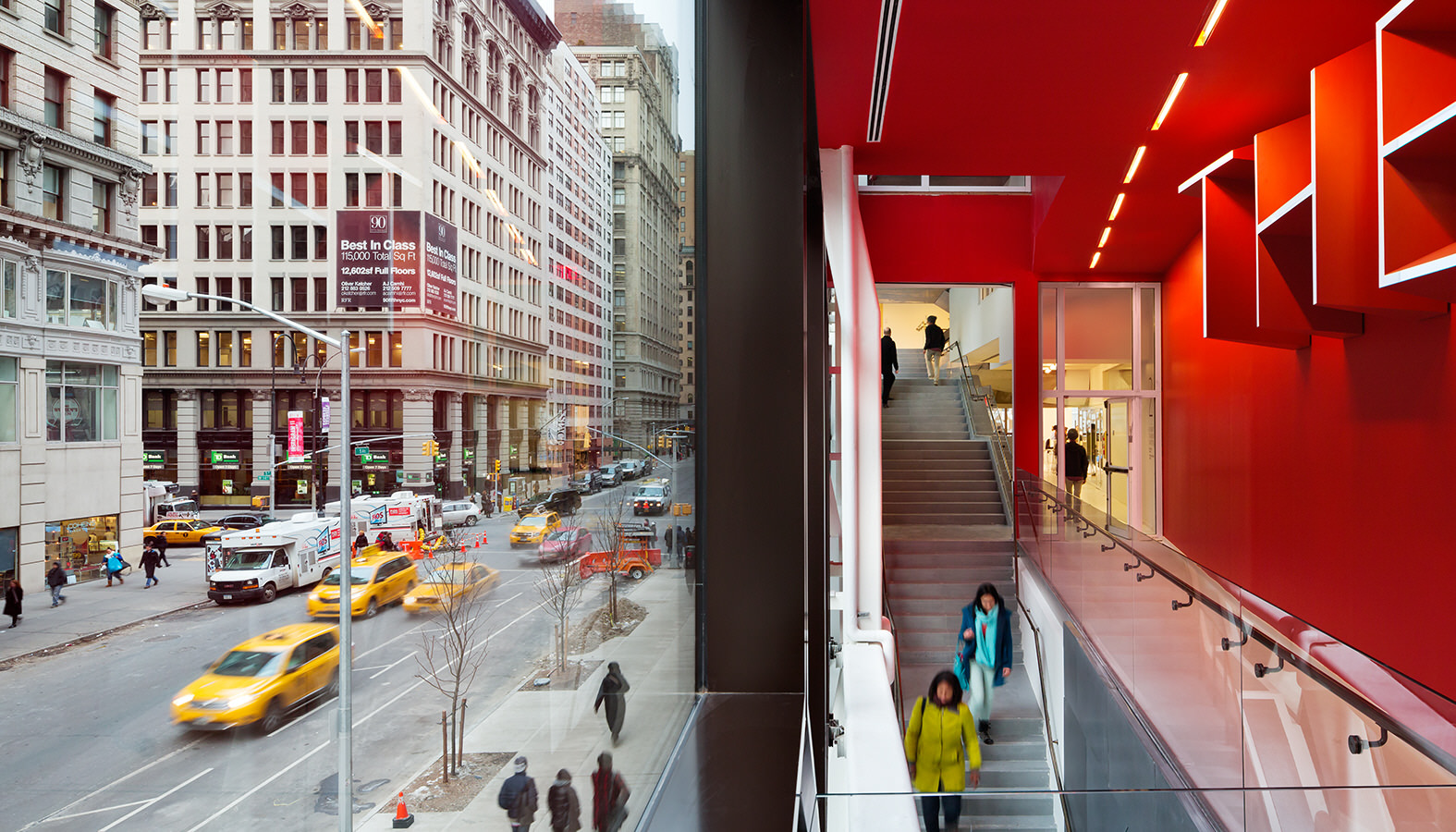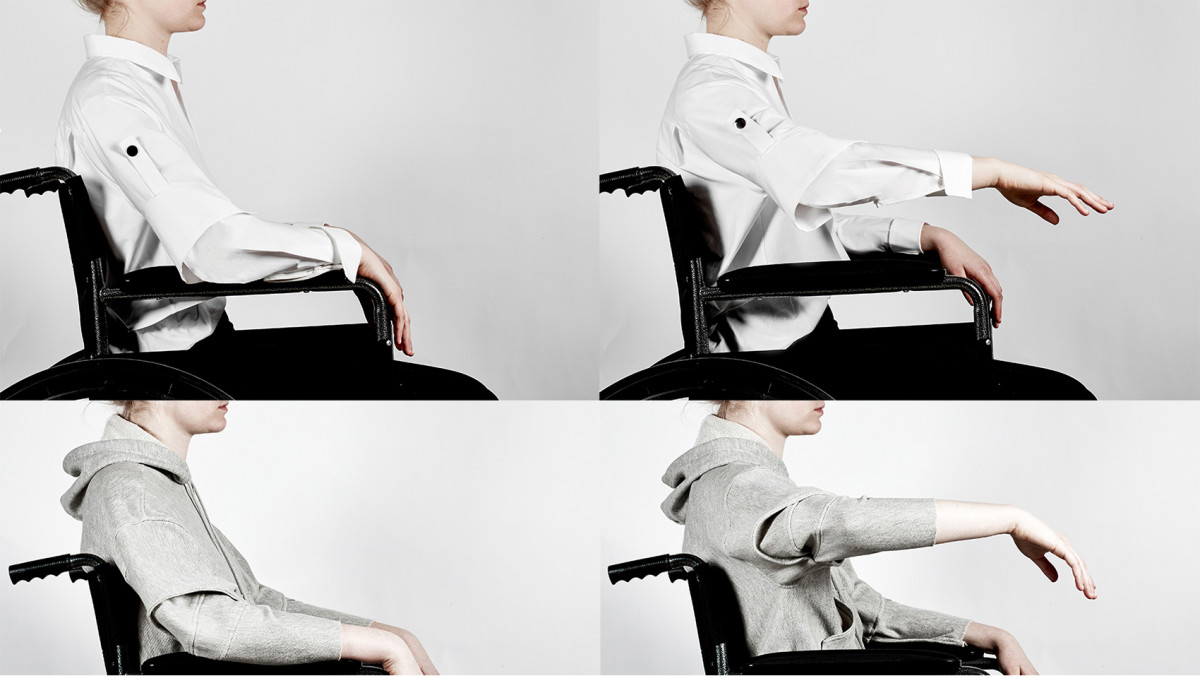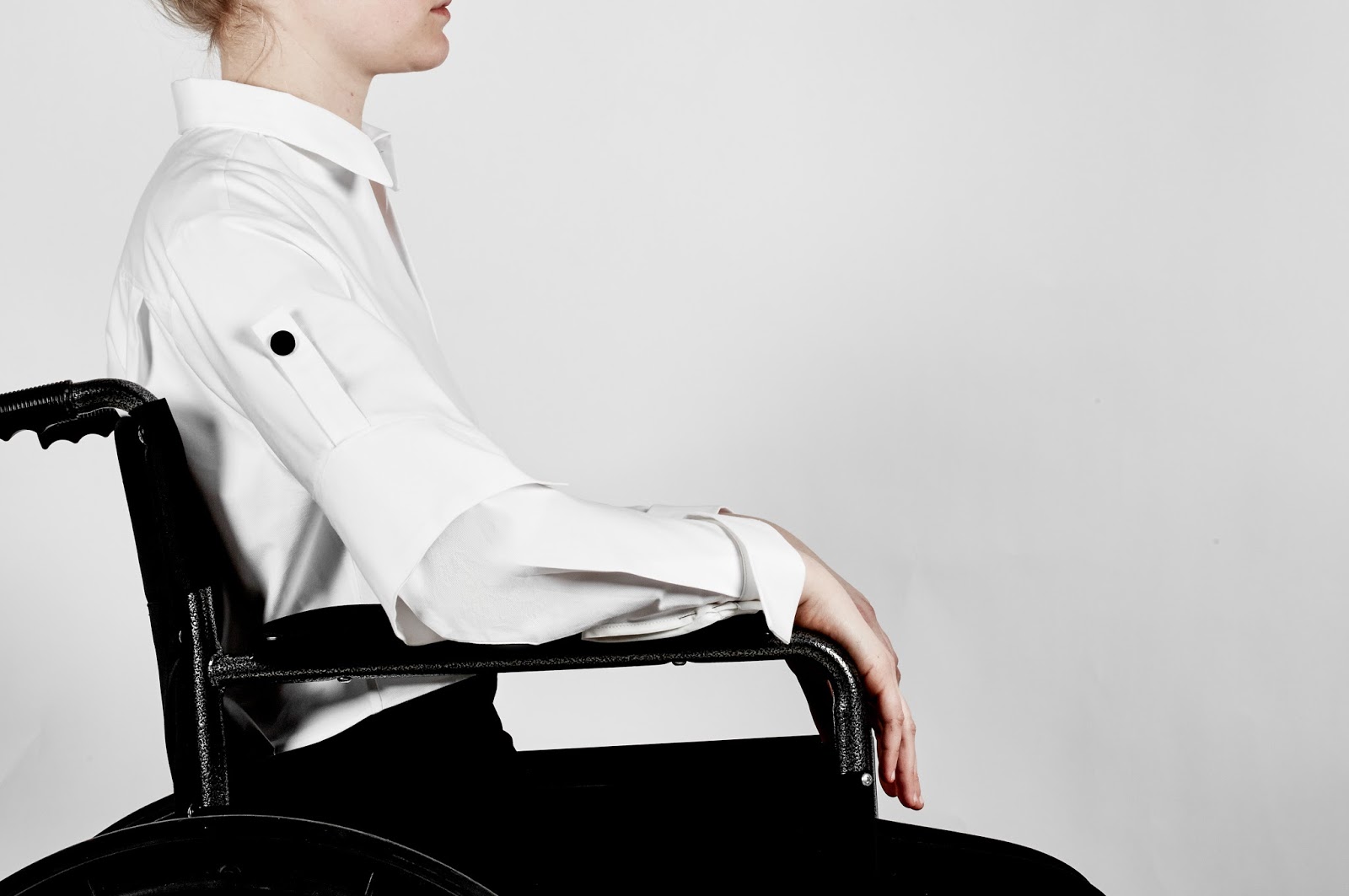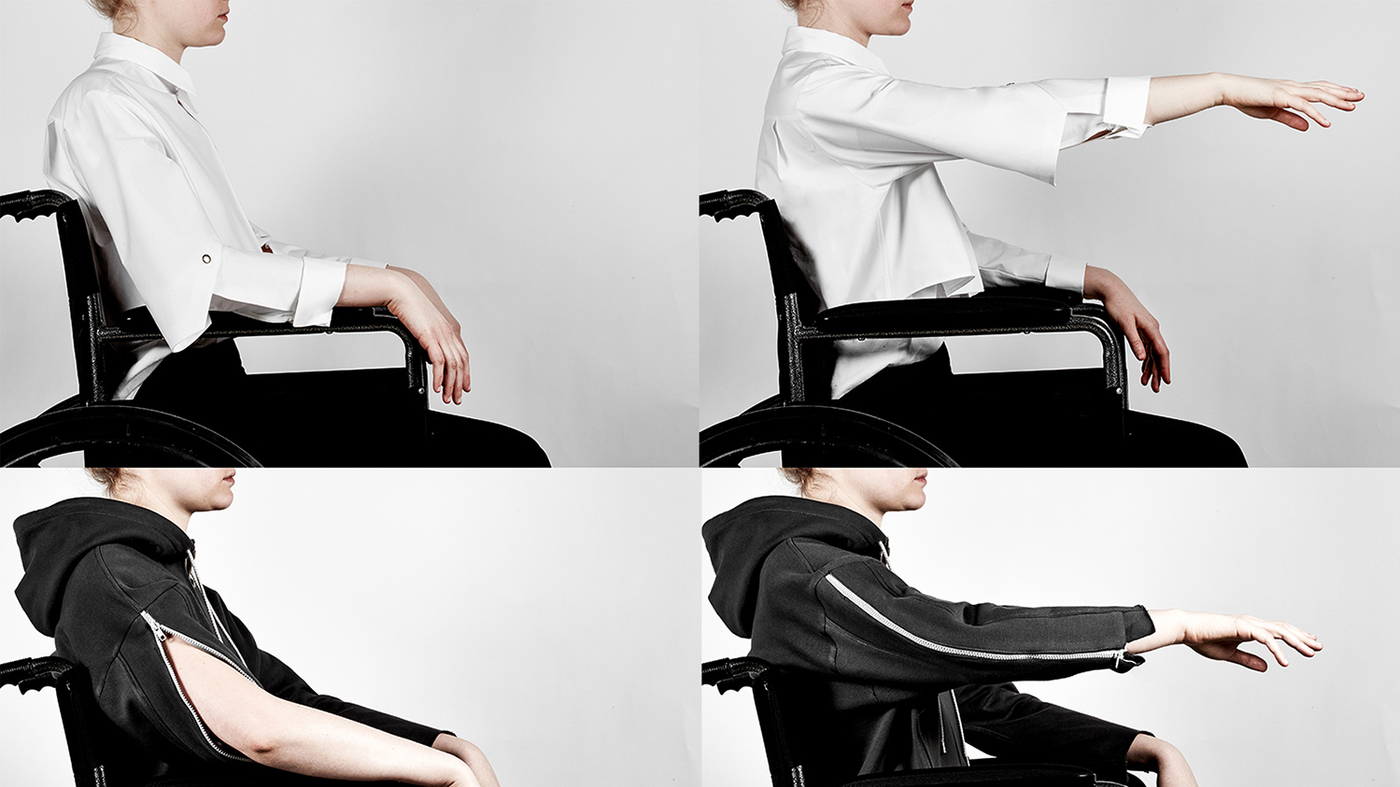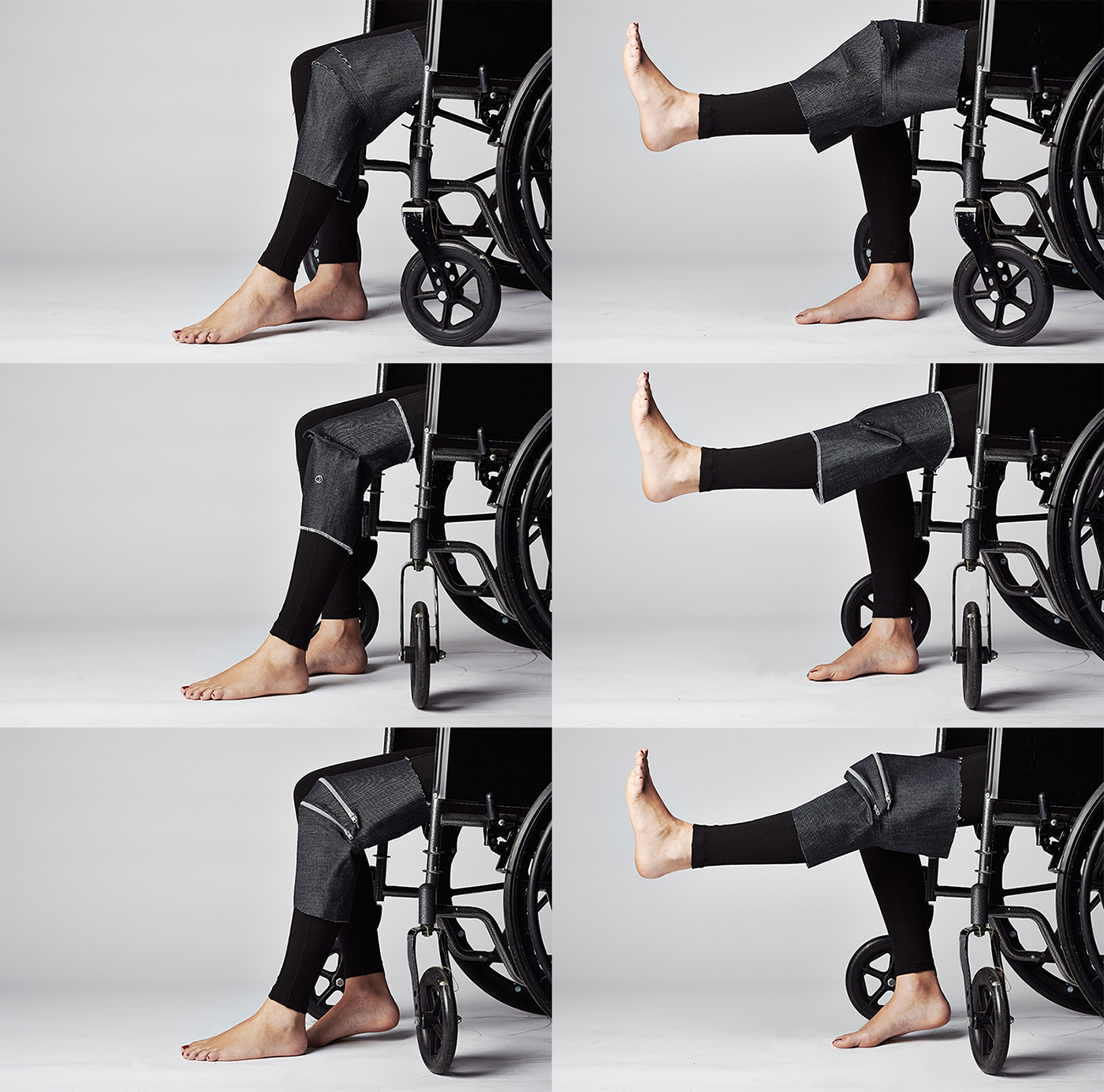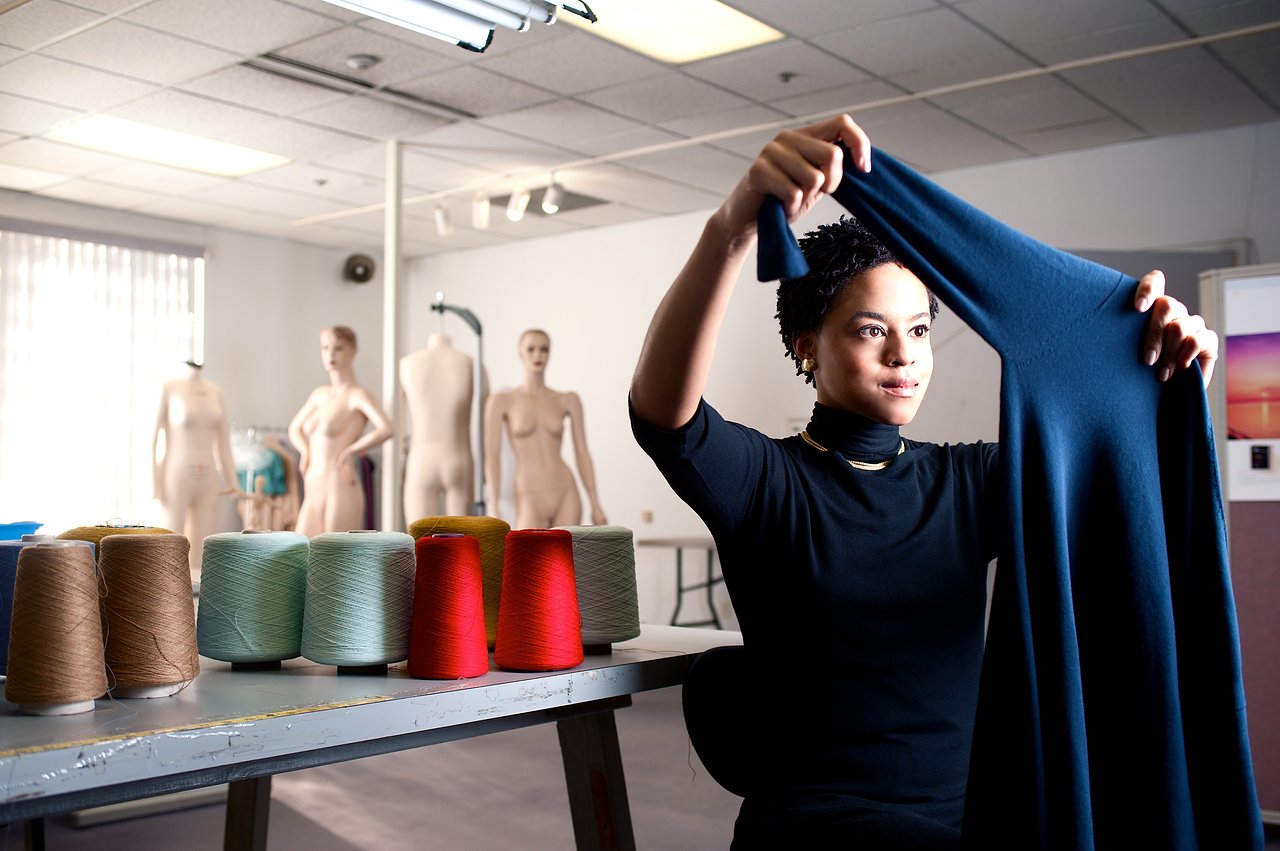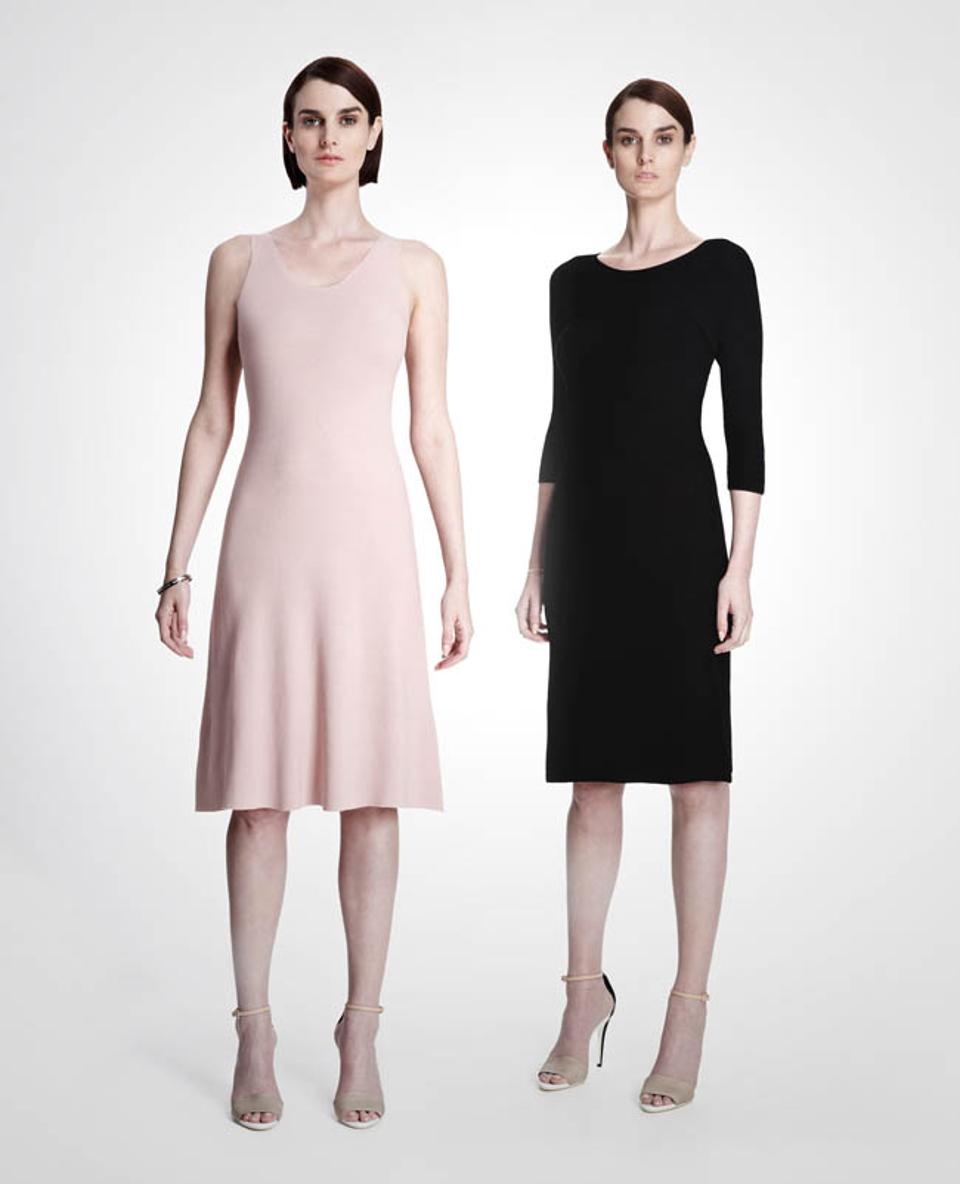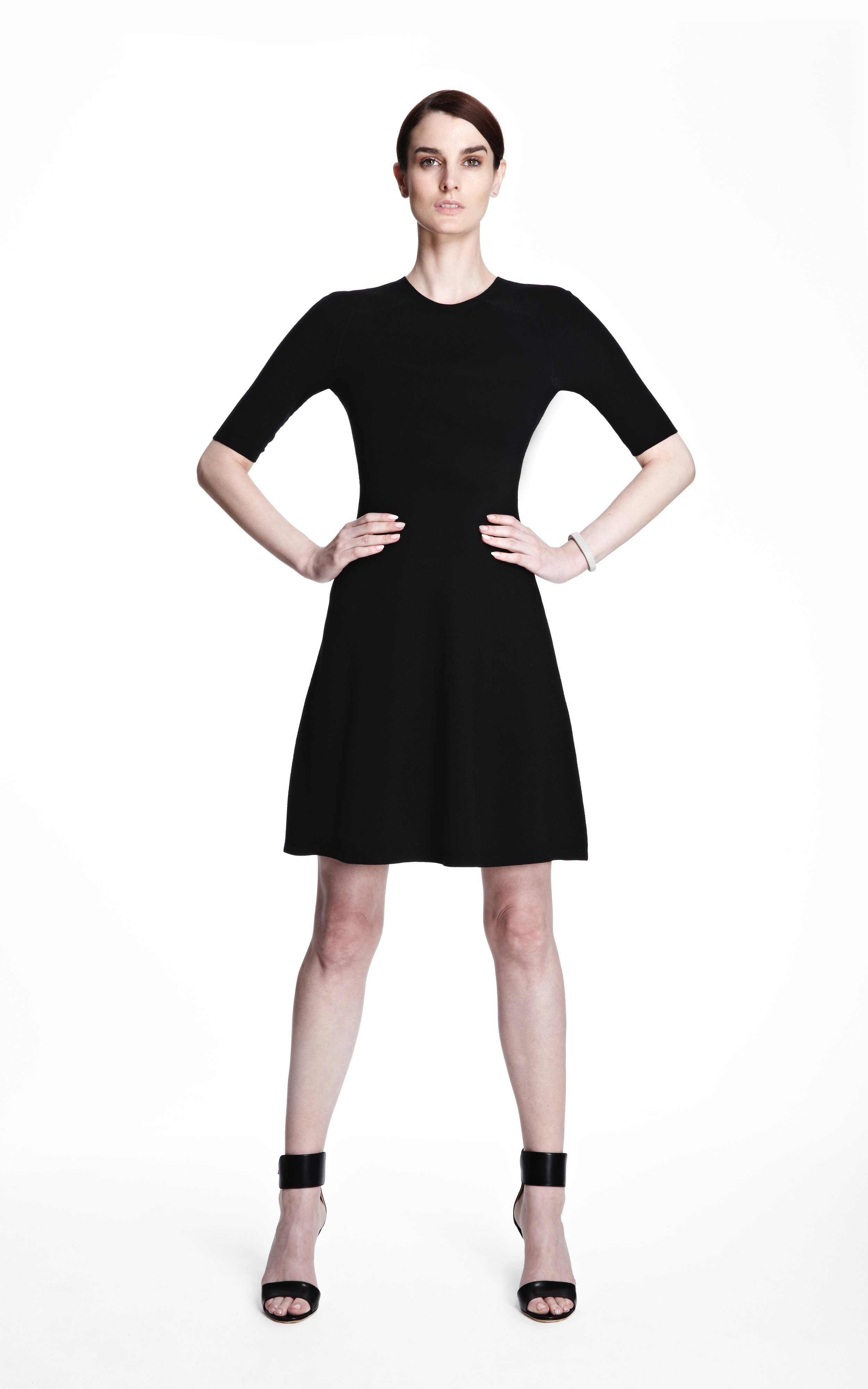Parsons The New School For Design, one of the leading schools in fashion education on a global scale, appointed a new Dean of Fashion in 2015. Burak Çakmak, the new dean that had previously spent years working in the fashion industry on sustainability issues, was a great match for the school that puts a very strong emphasis on sustainability in design. We met with him in his office in one of The New School buildings scattered across Manhattan to talk about sustainability in the fashion industry and design education.
How did you get into the field of sustainability and what does it mean to you?
It was basically my studies because I studied international relations and I intended to be in the foreign ministry, to actually work as a diplomat because I cared about global issues and I wanted to figure out a way to get engaged and bring a difference on a global scale. When I graduated from METU I wasn't sure if I wanted to continue my career in the country and I just had to find a different way of addressing my interest and the easiest solution was to see if I can combine it with a business degree so I did an MBA right after. With a business mix of politics, it became clear that there was an opportunity within business to change that's not just focused on making money. So I was looking for opportunities that was beyond just commercial business and I wasn't necessarily interested in fashion industry, but when I looked for jobs for the non-traditional roles that will allow me to work with organizations like ILO and UN one that I found in California was GAP.inc at that time. It was a big challenge because they wanted to bring someone on board to deal with the labor issues in their supply chain and you couldn't necessarily study for this, so I somehow fell into it. When I looked at what the job was about, I absolutely felt like this is a challenge I want to take on board; it allows me to bring the business knowledge into the mix, but ultimately really work on the societal side of the business and find solutions for their day-to-day issues. So I took the board, and interestingly, as soon as I joined, I had to get on a plane, go around the world; I think in one month I visited 11 countries, factory after factory, looking at the issues that they are having, understanding the scale of the challenge but also trying to find solutions in an easy way. That's the beginning of the journey and that's how I got into it.
We're still defining “sustainability”. What İs your personal definition of it?
I mean the way that sustainability is defined generally is about “Meeting your needs without jeopardizing the needs of the future generation". It's clear but it's not as definitive as it needs to be to help people make it real in their daily lives. In some ways I look at it as operating within the boundaries and respecting all the impact that you're having, but recognizing that you'll always have an impact with a reaction. That's also a part of life. It's impossible to say that you're never going to have any impact. That's why I sometimes have a challenge with the concepts of being neutral or having actually a positive impact especially with environmental issues with operations, that's a concept that's difficult to define. So when I define it that way I look at what are the core challenges that all the companies are facing and it always comes down to the business model. It's about the systems that we are creating and understanding the impact we are creating through that system, it's so critical to understand to ensure you are operating in the sustainable model. If you want to claim that you are integrating sustainability, what you need to look at is not “How do I put patches on issues that I see?” but it's about looking at the whole cycle and looking at how do we need to redefine the cycle to ensure the impact is at its minimum.
The New School, University Centre Bilding awarded with gold rating from US Green Building Council
I guess that's where the education comes in and this is a great place to start. So I'm from Parsons and I obviously know how much the school puts emphasis on sustainability. What do you think design education should be like in terms of practices and just teaching in terms of integrating sustainability into it?
If you look at what traditionally design's been focused on it has really been the final output of the design that they're creating and not always necessarily looking at the impact that it's having both on the society and the environment. Parsons as a school has recognized it for a long time and they have been able to actually implement a lot of new angles into the educational process to make a difference with the designs that are coming out. The way we try to do that is first and foremost even in the foundation year, especially the bachelor's program, going through a course at sustainable systems where you understand from local to global all of the sustainability issues that exist around us; not necessarily specifically tying to the design that they're doing but it's really building that context in their mind. When we talk about sustainability, I want to make sure that we always include social context as part of the conversation, because otherwise, most of the time it's defined as “what does a business do and what negative impact they have, and how do you reduce that impact” and that's a very narrow way of defining it. It really needs to go beyond that, especially in a design education because designers have a role to be able to influence the world in a different way. With that in mind we're very critical in every class that we're teaching and especially in fashion design at the moment one of my briefs is we have to look at all of the learning outcomes in every class, every studio class, even if you're learning about materials of textiles, or you're learning about pattern cutting, or you're creating a collection, you need to understand the environmental social impact of that social process is one, but you also need to understand the societal context and how you're able to bring that change.
Seated Design by Lucy Jones
Hence we are seeing a lot of examples where it's not only about the recycling and upcycling, but also it's about the type of system that needs to be created, as well as the type of solutions needed where fashion can serve a type of purpose beyond the commercial needs. Or looking at new areas where there may be commercial opportunities but it's not your traditional fashion industry. A good example is Lucy Jones, who graduated last year as our designer of the year, her collection was called “Seated Design” and she was looking at how to address the needs of people that are wheelchair bound, so creating a purpose around that design, looking at pattern cutting in a new way and addressing the immediate needs, and of course providing an aesthetic that's appealing, but it's really putting the aesthetics as a secondary part and really starting with a problem that can be solved in the society.
Another one is Natalia Allen, who graduated last year, recognized that the global system creates a lot of issues from logistics and also the materials that you're using in the manufacturing and labor impact. She is creating a collection that's only based on 3D knitted dresses using 3D whole garment machines; creating everything locally in Brooklyn. Se's creating it based on orders so there's no wastage. Basically having a new mindset around how to approach a fashion business if you are concerned about both societal and sustainability issues and in your own way how can you reduce and minimize that impact. We are very keen as a school to encourage this way of thinking and looking at new solutions that are not just aesthetically pleasing but also providing new solutions to systemic issues as well as reducing the environmental social impact.
Natalia Allen, shifting the perception of manufacturing and labor impact by creating dresses with no wastage.
You sort of answered my next question because I was going to ask you if you had any general advice to people that wanted to start a sustainable business or transform their business in a more sustainable path.
I can even talk about big challenges I have seen in addressing sustainability issues in my career over 16 years in the fashion industry is as I said, what has been clear is that it's the business model that leads you to the path where your impact is harder to manage. It's harder to reduce so in some ways you're only trying to create patches, but it's hard to find solutions that's going to address it from the core. When you are going into it as a new designer, there's a huge opportunity to start with the right mindset. There are also examples like Patagonia as well in there, or people like Eileen Fisher that are trying to do it in a different way. I think if a designer is trying to go with their own value system into it, and making sure that's a core part of the brand and it should never be changed, then they will be able to build around that. Even the commercial side including the margins, should grow based on that value system so that it continues to grow healthy. The minute you deviate from operating with the mindset that you start with, potentially in the short term you may generate more value, but it will take you in a direction that will be very hard to come back from. Iit's going to also unfortunately lose the ethos of the brand.
I do talk to a lot of emerging designers and when they talk to me they always have this question of how to make their brand sustainable in addition to make sustainable pieces. So, from another perspective, you know Fashion Revolution is also based on a huge scale on consumer awareness, I wanted to ask you if you had any suggestions or advice for us as Fashion Revolution Turkey or anyone that wants to work in that particular field of sustainability in Turkey because we are a textile production country and it is a very specific location?
I think what a country offers has to be looked at very closely. When you look at how Italy is trying to position itself, the fact that they will never be the supply that's meeting the cheapest price point. In some ways Turkey will not be that either because you have other locations that can easily compete with that: How do you position, how does the industry position themselves first and foremost as a premium location that provides a holistic approach to manufacturing including all the concerns that come from both the social and environmental angle? I bring that first because if the industry is shown that there is an opportunity for rebranding and also targeting an audience especially for premium to luxury brands, to work with them, then it opens a door for anybody that's interested in sustainability, fashion communications to actually work with the industry in a different way. I think one challenge is to be perceived, as somebody interested in getting the message of sustainability out there, if you come across as you're against the industry that's locally operating there, that's going to create the wrong dynamics. Considering Turkey is not necessarily the location that's doing everything in the worst way, and there are suppliers that actually represent the right values, it should be possible to find those industry partnerships and show how messaging around these issues can help them bring visibility. It doesn't mean everybody of course, but even if there are a few good case studies, I think that relationship can get the message to a wider audience and also bring the positive side of the story to the media. Because if it's only perceived as an attack, I don't know if it's gonna be as effective. It's always good to find people that are the best practice and work with them and find a way to tell their story and through that, build more visibility with the general public.
The other part is of course those partners that are doing best practice for sure have international partners. So if there's a possibility to work on that journey of that, because Fashion Revolution is about that journey, right? So if transparency is taken at its core, and even the stories about transparency and visibility; where the journey of potentially -let's say organic cotton- started from east of Turkey, to a mill in Turkey to a premium brand in Europe, as a customer, it's a very interesting story, and it's absolutely aligned with what Fashion Revolution is trying to promote.
Thank you very much, these are all extremely helpful advice and we will most definitely take it to heart. These were my questions, but do you have anything else you would like to tell me or any other advice?
(Laughs) Of course! I mean we can say a lot of things but what's important is, also put it in a context of time. I can imagine -well at least I'm quite an impatient person- I always expect an immediate result with a lot of actions, but what's important is to look at the trajectory of how things are moving forward, so having been in these kinds of conversations mid 90's, I can vouch 100% things are moving forward in a big way. I also think with the millennials, they're coming into it anew and they may feel we're in a very bad place, we just need to put that in perspective that things have actually evolved for the better. It doesn't mean that there's no work to be done, but it also requires time for people to understand and engage with the issues and embed it in their mindset. If you look at it - first and foremost there's more regulation, around a lot of issues, there's a lot of public awareness, a lot more campaigns, so people understand... They started with the food movement, of course, and I absolutely believe that the garment industry will also head in this way and more and more people are aware of it. What I'm seeing is, even with the students at Parsons, we have 51% international student body here. What is so interesting is that in the classroom I am getting questions around sustainability more than any other question, and there's genuine interest and people want to do the right thing, and we're seeing so many examples of especially designers trying to address societal issues. I cannot imagine this was the case 20 years ago. Tthis generation is approaching it so differently that the minute they go into jobs, they will also be influencing those organizations. Plus, when I started this journey, very few organizations had teams in place to address the issues, and today every single organization has; so it's a big network, people are working together, there's a community that's established that's supporting each other, so there's a culture around it that's already built. I absolutely feel like that momentum has been built, and I'm mentioning all of this because I don't want anybody to lose faith or hope in it. I truly believe and that's why I'm approaching our education in that way is that; you want to treat sustainability as the baseline and you build on it, and it's never possible or acceptable that you go below it. I hope to see that being achieved in my career.
Thank you so much for the extremely illuminating conversation.

